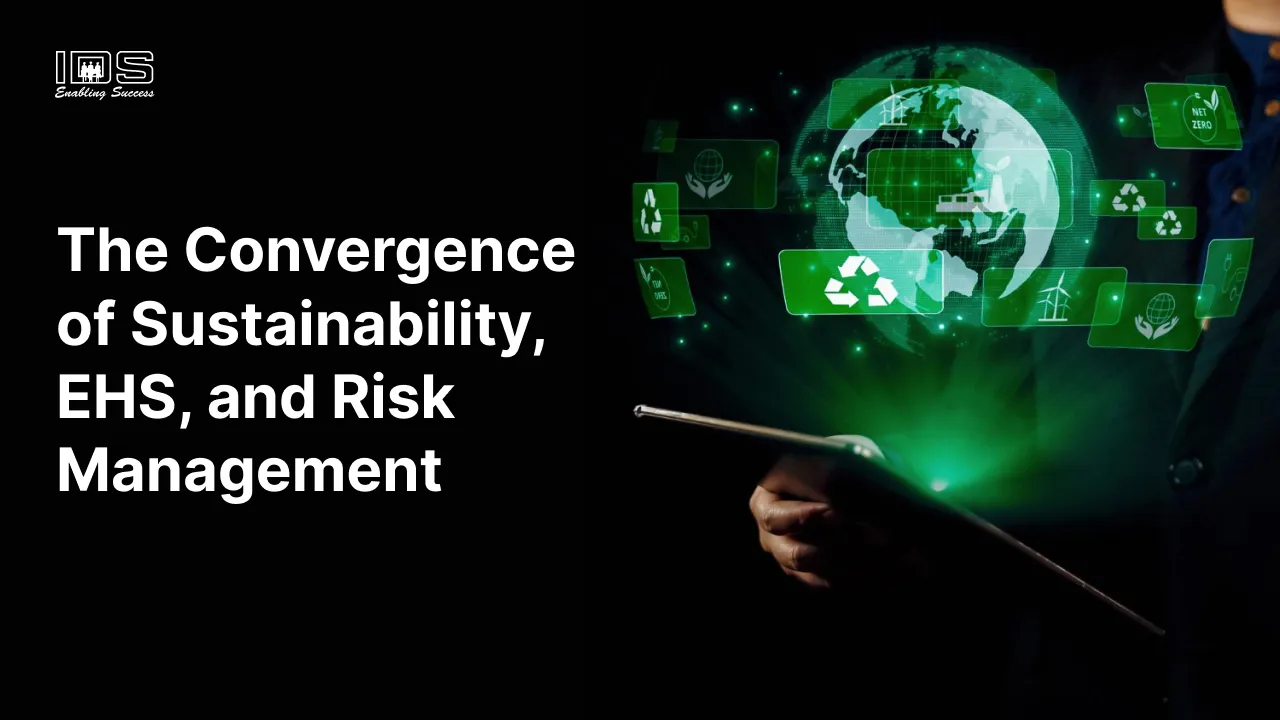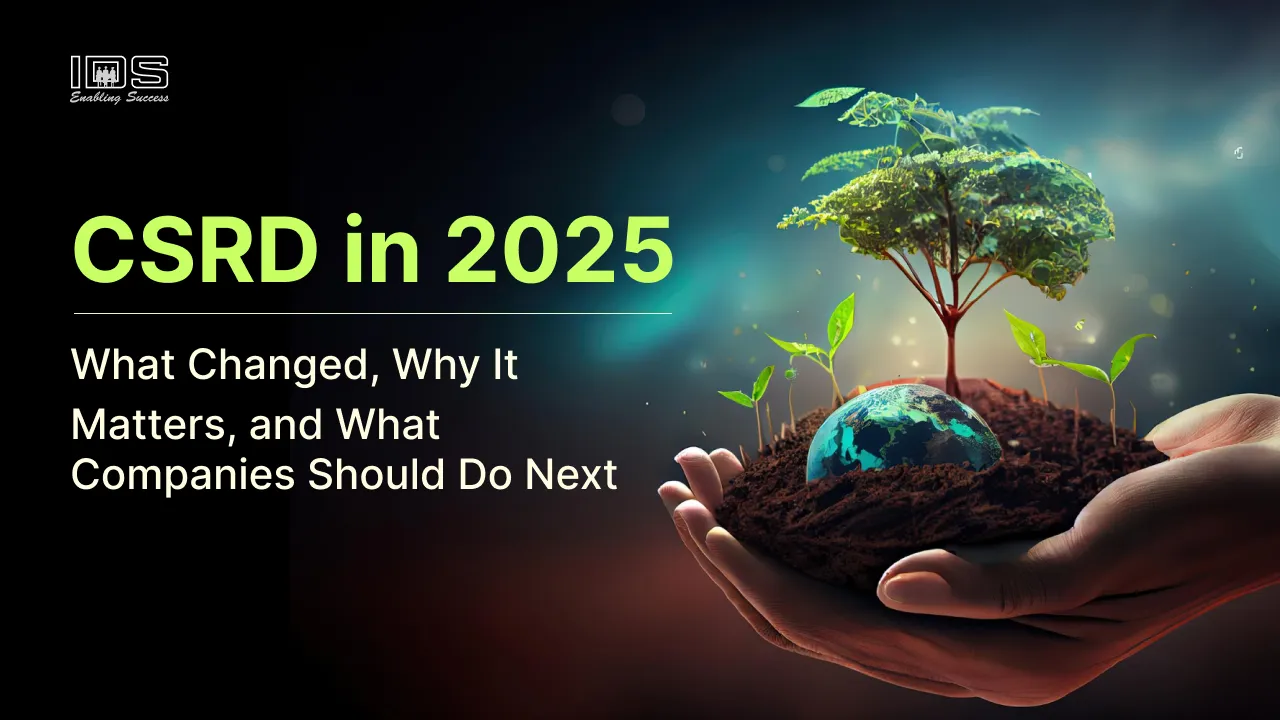Effortless CBAM Reporting—Accurate Results, Zero Lag
SBTN equips organizations with a research-backed pathway to assess and reduce their impact on nature across vital domains such as biodiversity, land use, water systems, marine health, and climate. Aligning operations with planetary thresholds empowers companies to become more resilient and environmentally responsible.
The framework encourages goal-setting, continuous disclosure, and strategic improvement. Whether you're just getting started or optimizing your sustainability plan, SBTN makes it easier to turn data into decisions—helping your business grow while supporting global conservation efforts.
How IDS Simplifies Your Sustainability Journey
Evaluate Embedded Environmental Impact
Track Scope 1, 2, and 3 emissions across your supply chain to measure carbon intensity at every stage
Collaborate with Suppliers to Gather Data
Collect primary emissions data from your suppliers efficiently with the help of standardized request formats
Generate CBAM-Compliant Disclosures
Gather and organize embedded emissions data along with all required documentation to prepare CBAM declarations for submission
Stay Compliant with CBAM Requirements
Keep your compliance on track with regular updates on CBAM frameworks, calculation methods, and documentation standards.
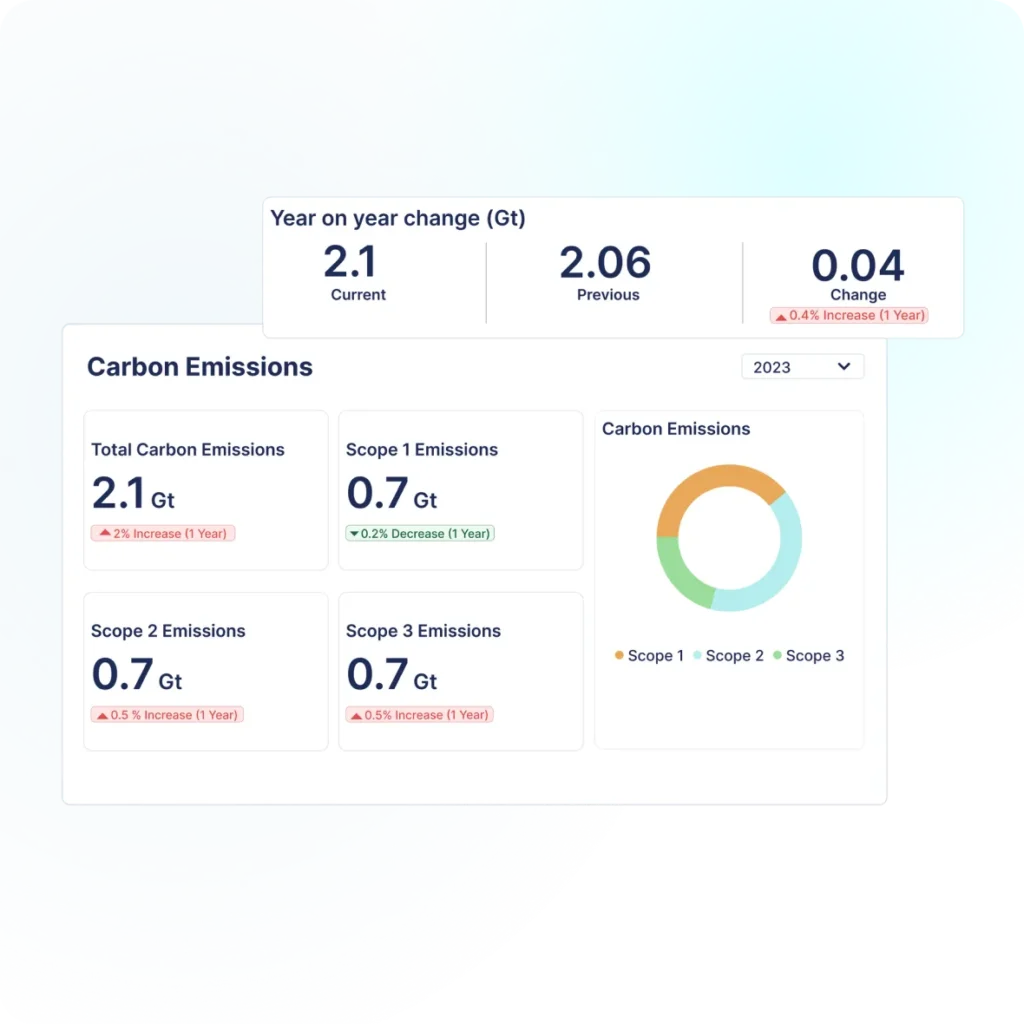
Full-Spectrum CBAM Compliance Solution
IDS simplifies CBAM compliance by offering tools and advisory services to track and report carbon emissions throughout your supply operations.
- Carbon Emissions Management Keep track of Scope 1, 2, and 3 emissions accurately and execute tailored decarbonization plans to shrink your environmental impact.
- Simulate & Model CBAM Implications Analyze the future implications of CBAM on your supply chain and reporting duties through advanced simulations.
Professional Support for Effortless CBAM Reporting
Navigate CBAM requirements confidently with our advisory solutions, covering everything from preparedness checks and data verification to compliance-focused planning.
- CBAM Alignment Review Review your existing processes to determine CBAM readiness, pinpoint non-compliance areas, and chart a path to full alignment
- Efficient Emissions Management Create accurate GHG documentation, track quarterly reports, and oversee certifications to ensure compliance and prevent issues in reporting.
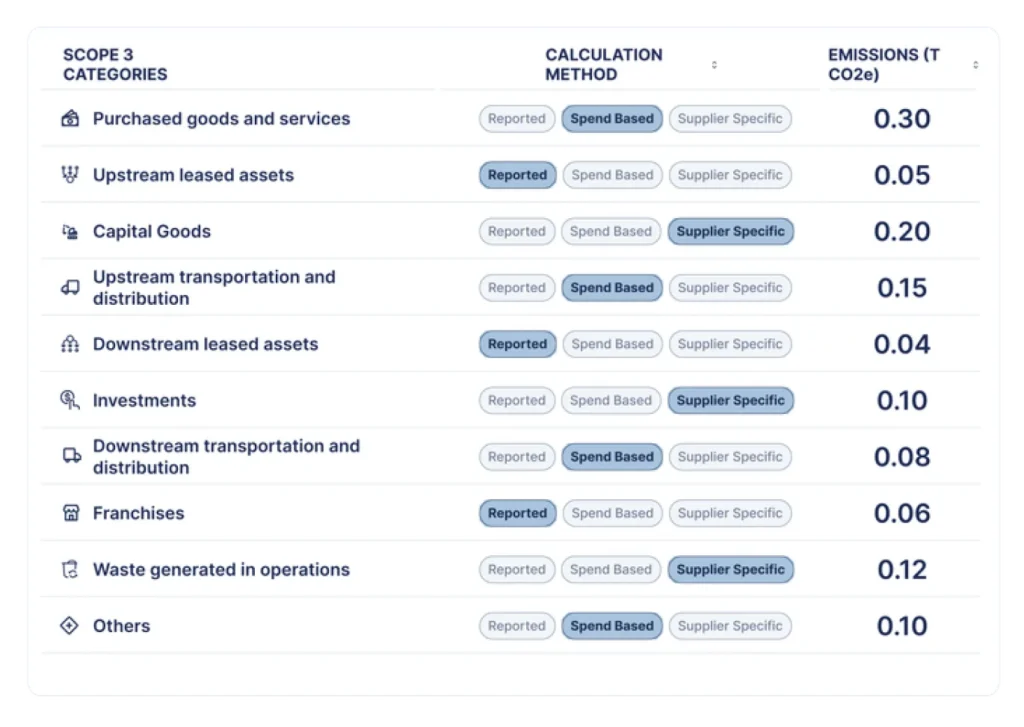
Accelerate Your Sustainability Journey
FAQs
The Carbon Border Adjustment Mechanism (CBAM) is a European Union policy aimed at pricing the carbon emissions linked to certain imported goods. It ensures these imports face the same environmental cost as products made within the EU, preventing companies from shifting operations to countries with weaker emission norms (a phenomenon known as "carbon leakage").
CBAM currently applies to selected high-emission industries such as:
- Iron and steel
- Aluminum
- Cement
- Fertilizers
- Electricity
These sectors were chosen for their significant carbon footprints during manufacturing.
CBAM will roll out in two key phases:
- Transitional Period (2023–2025): Importers must declare the embedded carbon in their products, but no payment is required yet.
- Full Application (From 2026): Importers will need to buy CBAM certificates, matching the emissions levels of their goods, effectively mirroring the EU ETS costs paid by domestic producers.
Responsibility for compliance lies with EU importers of the listed goods. They must declare the carbon emissions tied to their imports and, starting 2026, purchase the appropriate CBAM certificates, ensuring carbon costs are recognized at the point of entry.
Emissions are calculated based on the amount of greenhouse gases released during the production of the imported goods. Importers must follow standardized EU methods or get data verified from third-party providers to ensure accuracy.
Certain exemptions apply under CBAM. For example, low-value shipments under €150 are excluded to reduce administrative hassle. Additionally, goods from countries with carbon pricing systems comparable to the EU's may have modified or reduced obligations.
CBAM is designed to complement the EU ETS. As free carbon allowances for EU businesses are gradually removed, CBAM helps ensure that foreign producers are also subject to similar carbon costs, discouraging emissions outsourcing and reinforcing global decarbonization efforts.
Between 2023 and 2025, importers are required to file quarterly reports outlining the embedded emissions in their imported products. These submissions allow the EU to test and optimize the mechanism before introducing financial obligations in 2026.
Blogs
Industry Insights to Help You Stay Ahead in Compliance and Sustainability
Accelerate Compliance. Reduce Carbon Footprint. Unlock Sustainable Growth.
Our Global Presence
UK
London

EUROPE
Netherlands

USA
New York
INDIA
Mohali (HQ)
Mohali
Mohali
Chandigarh
Noida
Noida

